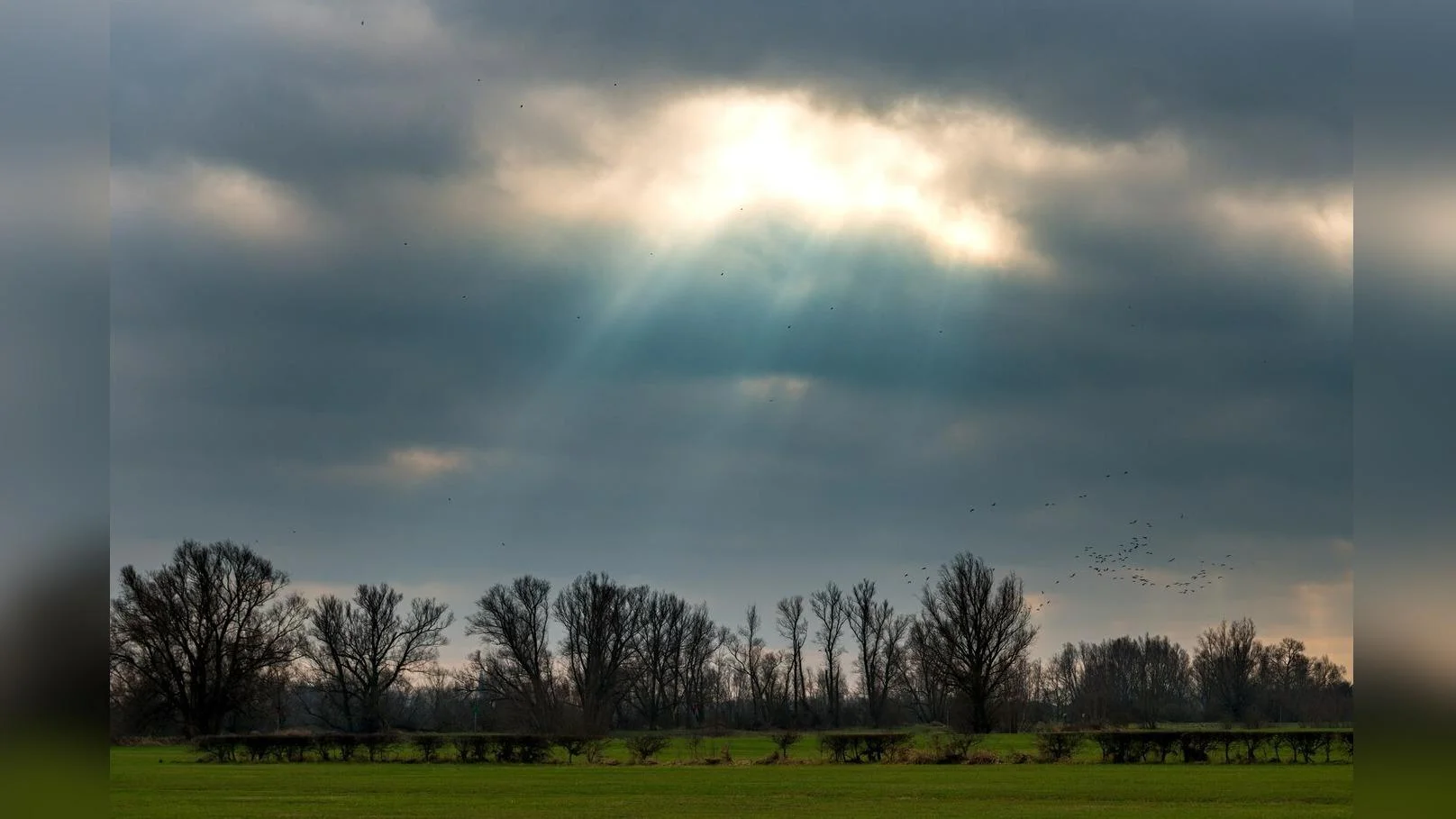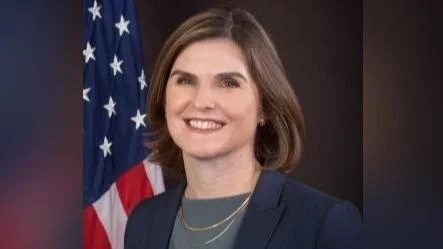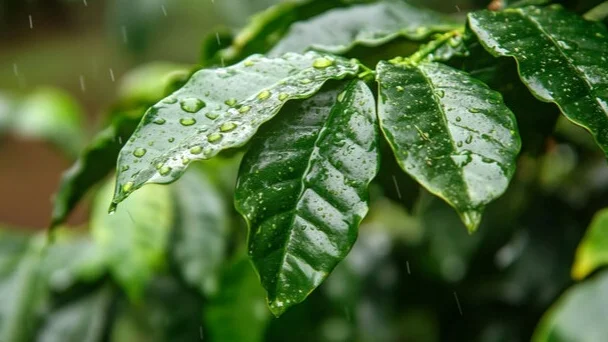The construction of an 8-mile road called Avenida Liberdade in Belém, Brazil, has raised serious concerns from environmentalists, local community members, and church activists. This development, located in a protected rainforest area, is part of Belém's preparations for the upcoming United Nations Climate Change Conference (COP30) scheduled for November 2025.
The project was delayed due to environmental concerns but resumed with the upcoming conference. Adler Silveira, Secretary of Infrastructure for Pará state, confirmed to the BBC that the road is among 30 projects aimed at modernizing the city for the event. He described the road as a "sustainable highway" featuring wildlife crossings, bike lanes, and solar lighting.
Despite these assurances, members of church movements focused on ecology and land protection are speaking out against the project. They claim it disrespects the rights of the Indigenous Quilombo community, near the city of Ananindeua. Father Paulo Joanil da Silva, from the bishops' conference’s Land Pastoral Commission, stated, "Quilombo do Abacatal is a community with 300 years of history... Its people have been suffering... dealing with that road." He explained the government did not comply with International Labour Organization’s Convention 169, which requires consultations for projects impacting Indigenous and traditional peoples.
Community leader Vanuza Cardoso noted that consultations began only after the project was underway. "The ILO convention establishes that the consultation (and the potential consent) must be free, prior, and informed. That has never happened concerning Avenida Liberdade,” she stated. Cardoso said the consultation process failed to prevent the project, leading the community to focus on seeking mitigation and compensation measures rather than legal action.
Though the new road does not directly traverse their land, Cardoso emphasized its anticipated effects, stating it invites "real estate speculators" and new developments that could lead to "devastation" of the rainforest. There are concerns about private land invasions and ecological impact, as noted by Father da Silva: "A significant area of rainforest was destroyed."
Eduardo Soares from the Mobilization of Peoples for Land and Climate, a Catholic environmental and social group, said they will continue to denounce such projects. He highlighted that upcoming events like the Peoples' Summit, coinciding with COP conferences since 1992, aim to provide a platform for affected populations to discuss issues like climate change and socio-environmental justice.
The construction of Avenida Liberdade underscores the tension between infrastructure development and the rights and preservation of Indigenous communities and the environment in Brazil.
 Alerts Sign-up
Alerts Sign-up






